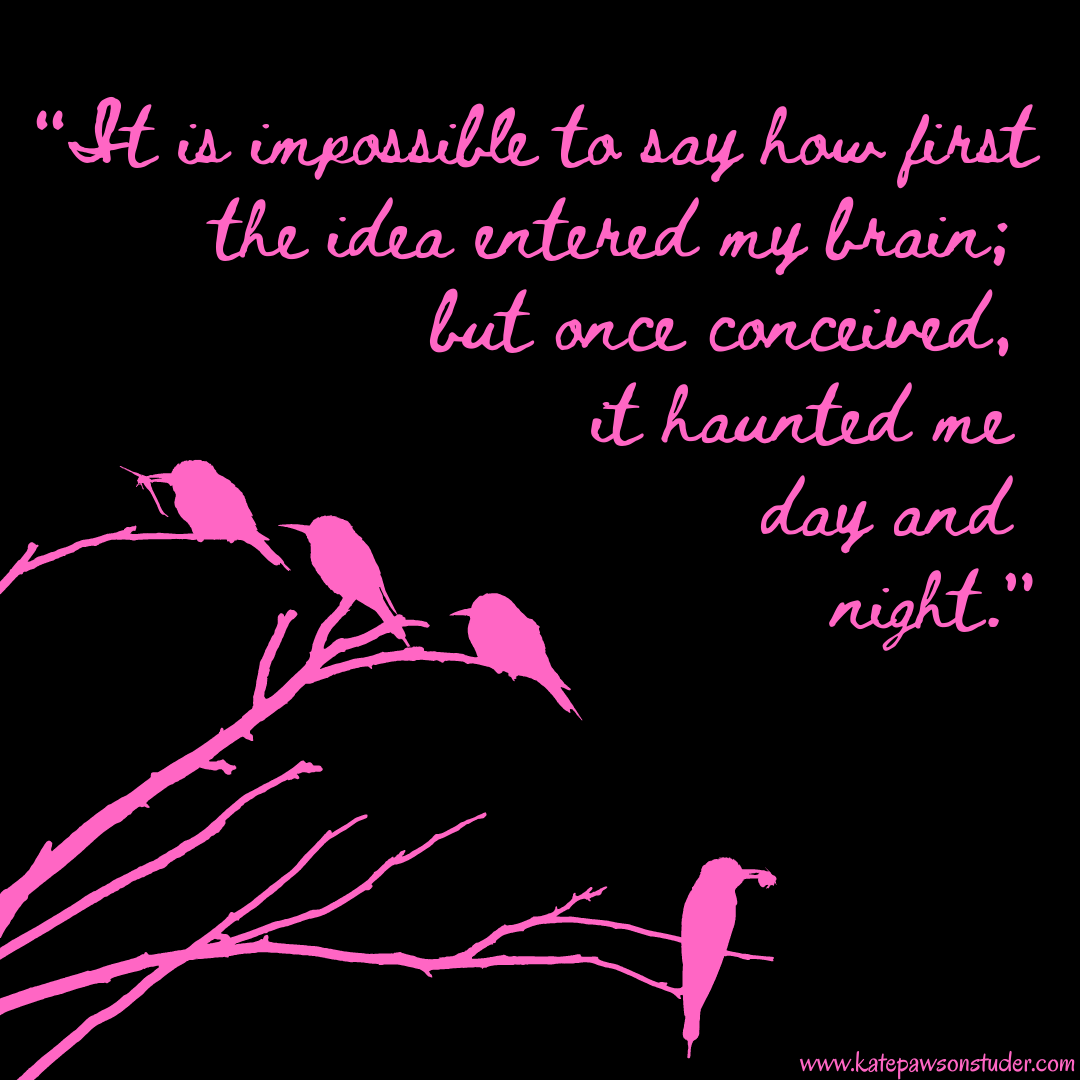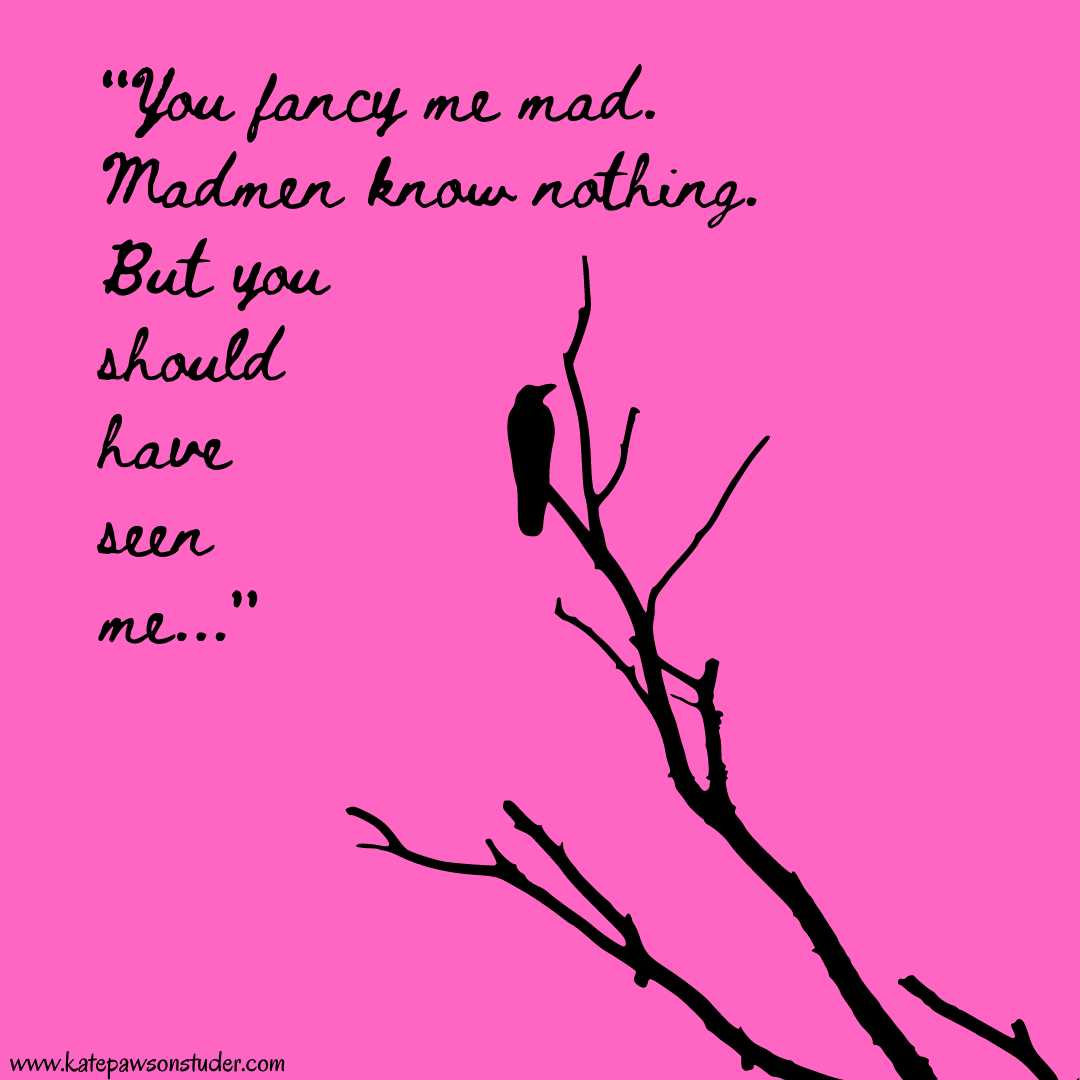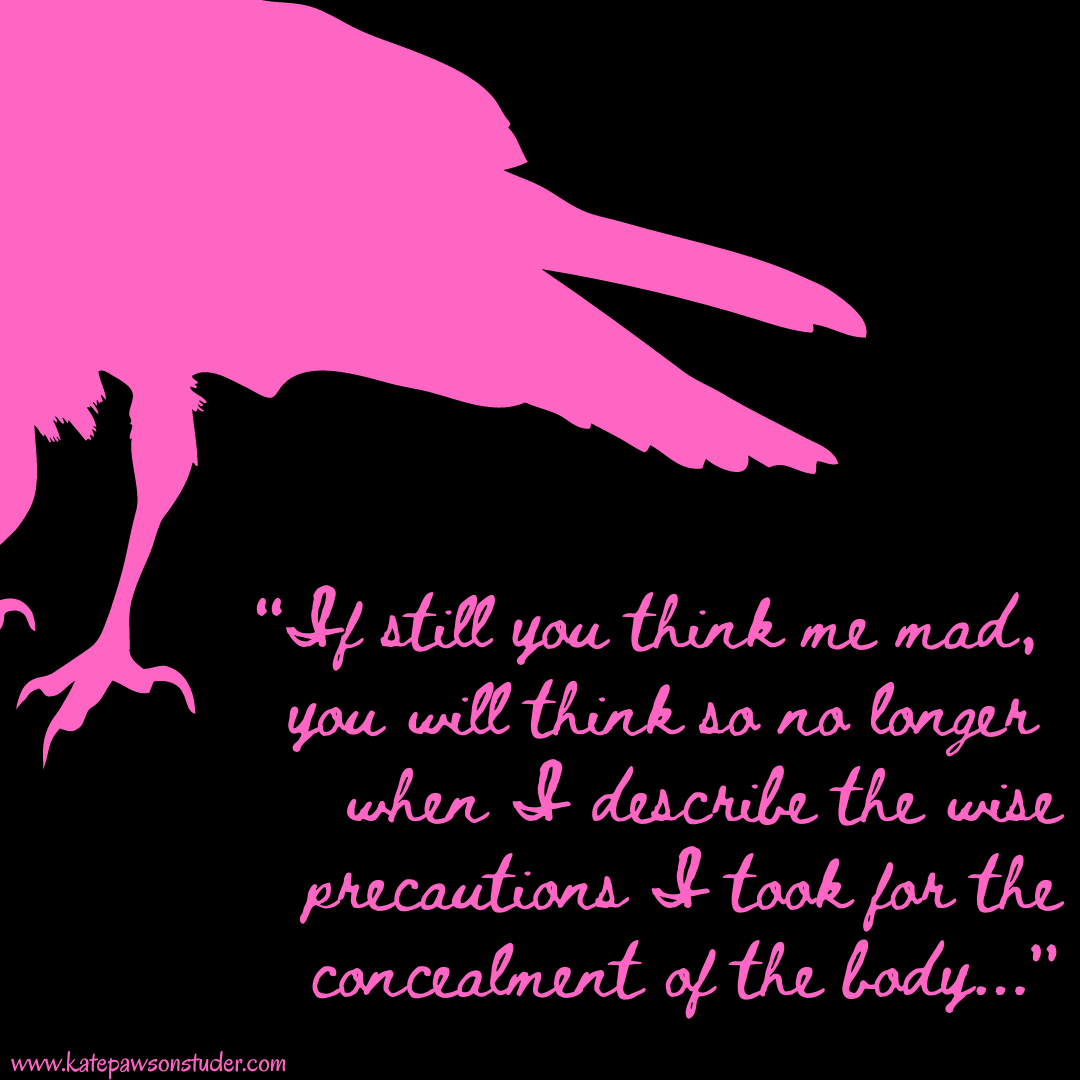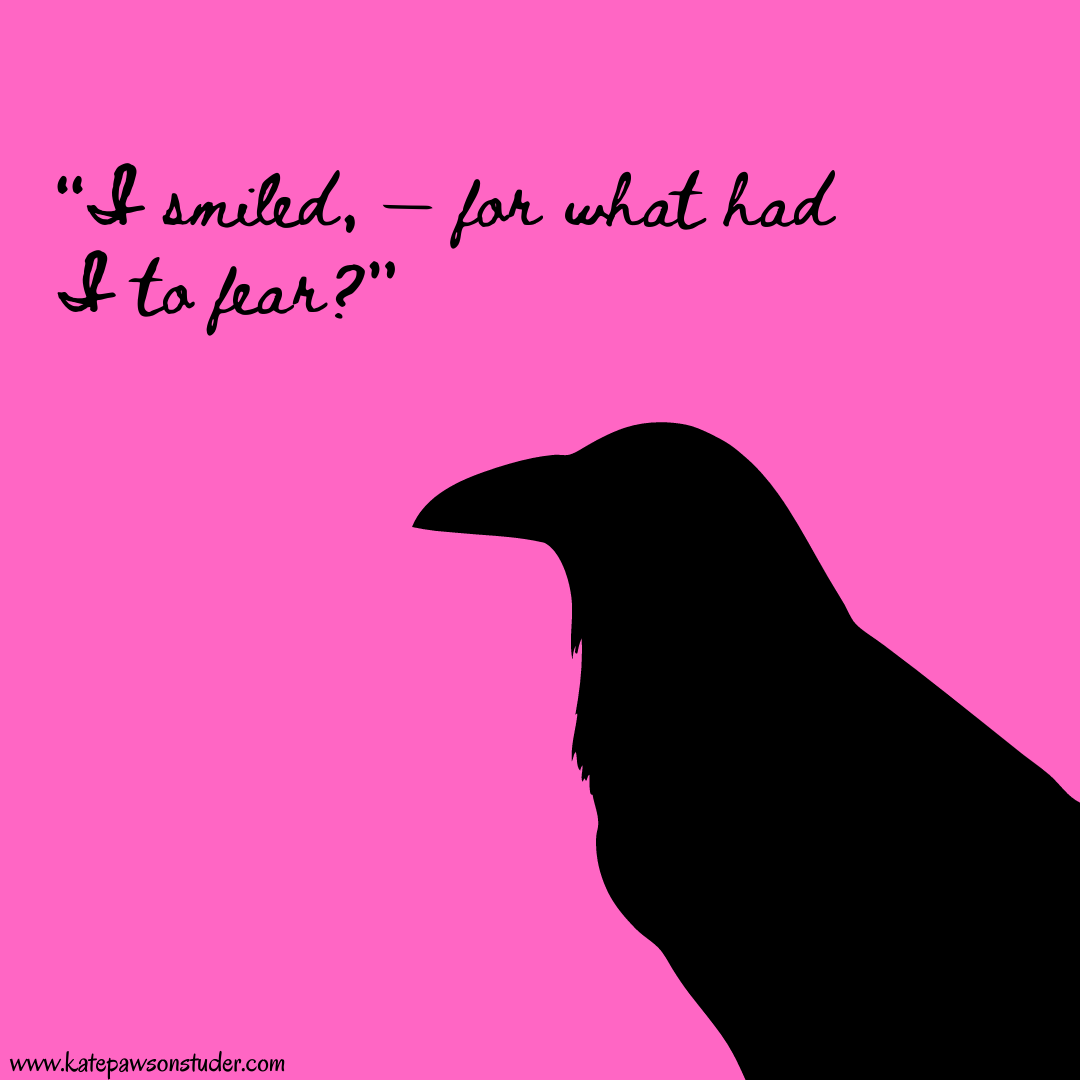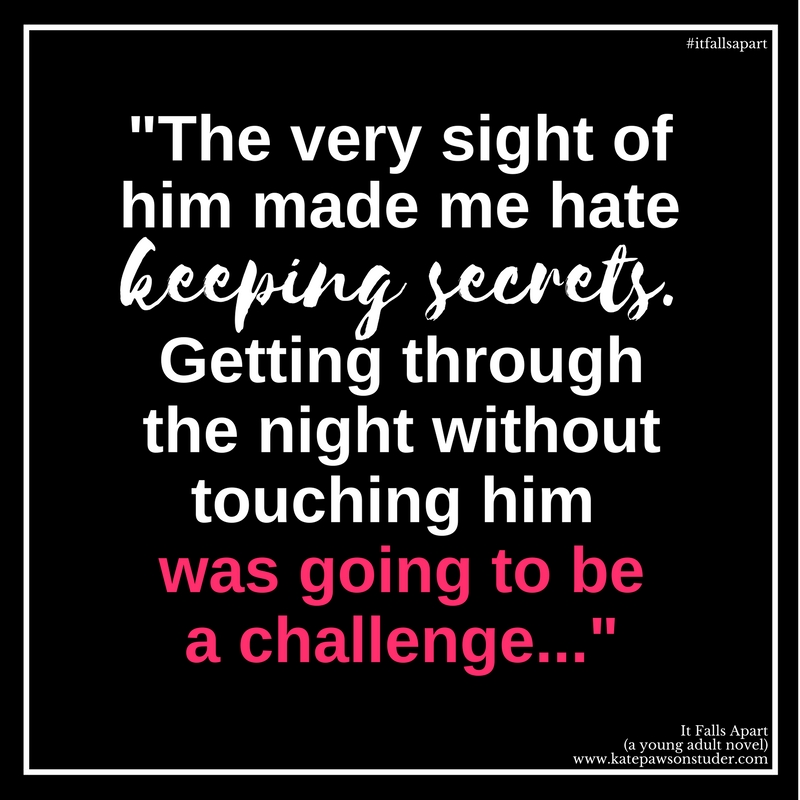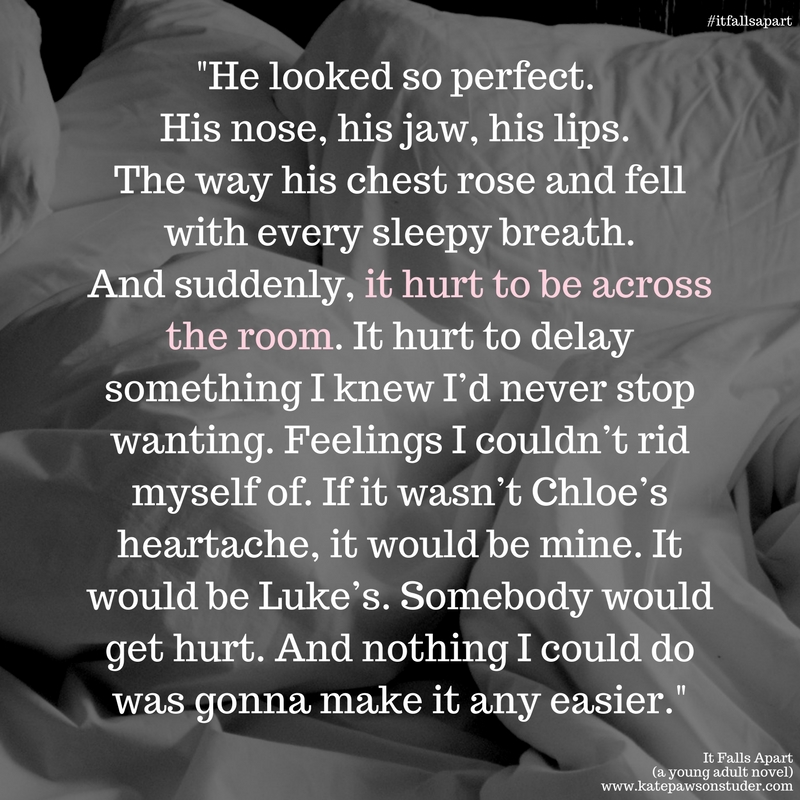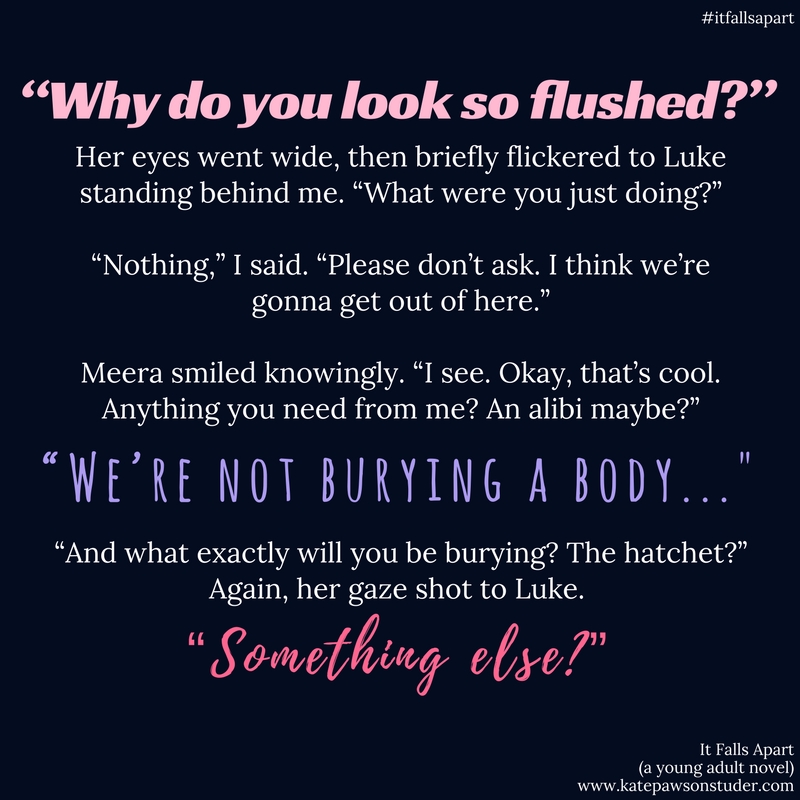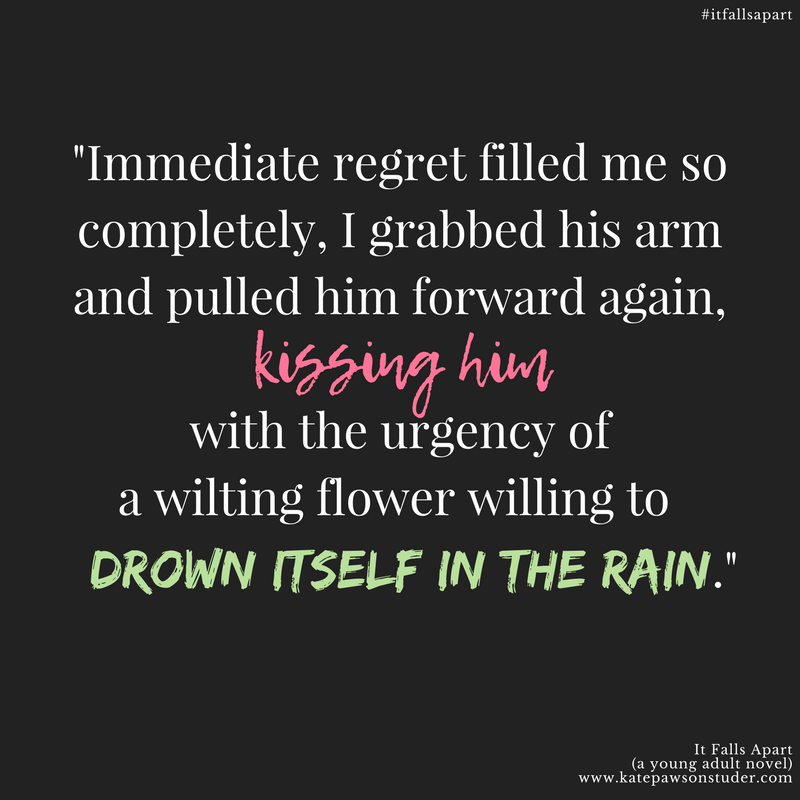the writer's arsenal: nothing is loved by everyone
/It's been a while, but The Writer's Arsenal is back. I've got a whole slew of new writing/publishing related topics I'm looking forward to covering here on the blog, but as always, if there's anything about writer's craft, the industry, query process, whatever that you'd like to know more about, please leave a request in the comments or use the contact form and I'll be happy to cover it in a future post.
Today I want to talk about something I've undoubtedly touched on in the past, but this post is going to go into things a little more in-depth, and that's rejection.
Let me assure you, nobody likes being rejected, but absolutely everybody experiences it at some point or another. Writers (and artists in general) especially need to learn to live with it, because it's something you will continue to experience every step of the way.
Anyone who has queried a novel knows that receiving rejections is par for the course. Some authors manage to luck out with regards to timing, and they hit the right agent at the right time, receiving an offer of representation without having first received many "No thank you"s. But that's just luck and timing. If they'd done things another way, the number of rejections could have easily gone up, and for most authors querying, it does. In fact, for most authors, the number is in the dozens, or easily hundreds. Sometimes it's because the book isn't ready to be published, but a lot of the time, it's just a matter of taste--just a matter of finding the right person. And in the end, it's a good thing. Because a writer wants and needs an agent who loves their writing enough to fight for it. The agents who reject a manuscript weren't the right people for the job. Though unfortunate, it's a good thing they're passing.
But then let's say, you finally land an agent. Hooray! No more querying! No more "No thank you"s! Except, now you have to submit to publishers, and the song and dance continues. As someone who's been on sub for a while, I know it all too well. And while it's always disappointing to receive a pass (even if it's accompanied by praise and helpful feedback), I know it's for the best. I want an editor who loves my books, loves my voice, and will want to work with me on future projects. If they can't see my potential, they won't be a great editor for me to work with.
Okay, so, let's say your book sells--yes, you've finally made it! The days of rejection are truly over now! Except...they're not. As any published author will tell you, the day your book hits the shelves (or sometimes beforehand, if advance reader copies go out) is the day the reviews start trickling (or hopefully pouring) in. Some of them will be glowing. Some of them won't. Agents rejected you, editors rejected you, and yes, now readers are rejecting you. A lot of writers find this extremely frustrating, and I can't really blame them. How can some people think your book is amazing while others feel it's utter garbage? Well, it's for the same reason some of us love sushi and some of us think it's disgusting. We all have different tastes, and authors absolutely must maintain that tough outer shell that got them through the query process, and find a way to accept the bad with the good, especially since some of the bad you'll see is just people trolling. Sad as it is, people will leave scathing reviews just to get a reaction. And if for no other reason, that's why you simply can't take it to heart.
In May of last year, I saw something on TvLine.com that struck me so deeply that I grabbed a screen cap to keep as a reminder. David Letterman's final episode of The Late Show had just aired and having missed it myself, I was reading a recap of the show, and then scrolled down to the comments, where I saw this:
Source: TvLine.com
Wow. Just wow. I see comments like this often. An article gets posted, and somebody in the comments rails on it. But there was something about this one that really stayed with me. David Letterman had been hosting The Late Show for 22 seasons. He was a late night icon. Of course, there were people who liked his style, and people who didn't, but here it was, his final episode, a time to recognize what an accomplished career he's had, and there in the comments was someone who not only bothered to say he didn't care for it, but qualified that comment by saying he's not a fan to begin with! In one fairly succinct comment, this guy captured what writers need to keep in mind whenever they read a rejection or negative review of something they've written. Some people simply don't like certain things. And even though they don't like them, they still take the time to write a negative review. This comment might as well have said, "I hated this Sci-Fi book, but I'm not a Sci-Fi fan." Of course, most rejections and negative reviews don't bother to mention that second part, but it's important to keep it in mind.
Of course, there are people who will recommend that authors don't read reviews at all. I think that's a mistake though, because I think feedback is how we learn and grow. As a writer AND editor, I want to know what people don't like about something I've written because I want to be able to make it better. Be it for revisions, or the next book I write, I want to keep an open mind and improve, even if I know I'll still never be able to make everybody happy. The key to dealing with negative reviews isn't to not read them, it's to not let yourself get baited. Thank people for their praise, and then just let the negative comments exist. Read them with an open mind, remind yourself that people have different tastes, take in anything you can learn from, and then move on.
Rejection is unavoidable. Even NYT bestsellers receive bad reviews. But those aren't the people you're writing for, right? Just remember, nothing is loved by everyone. And that's okay. The world would be a boring place if that weren't true. The people who love your books are the people who matter most, so keep your focus on them, and keep writing!








